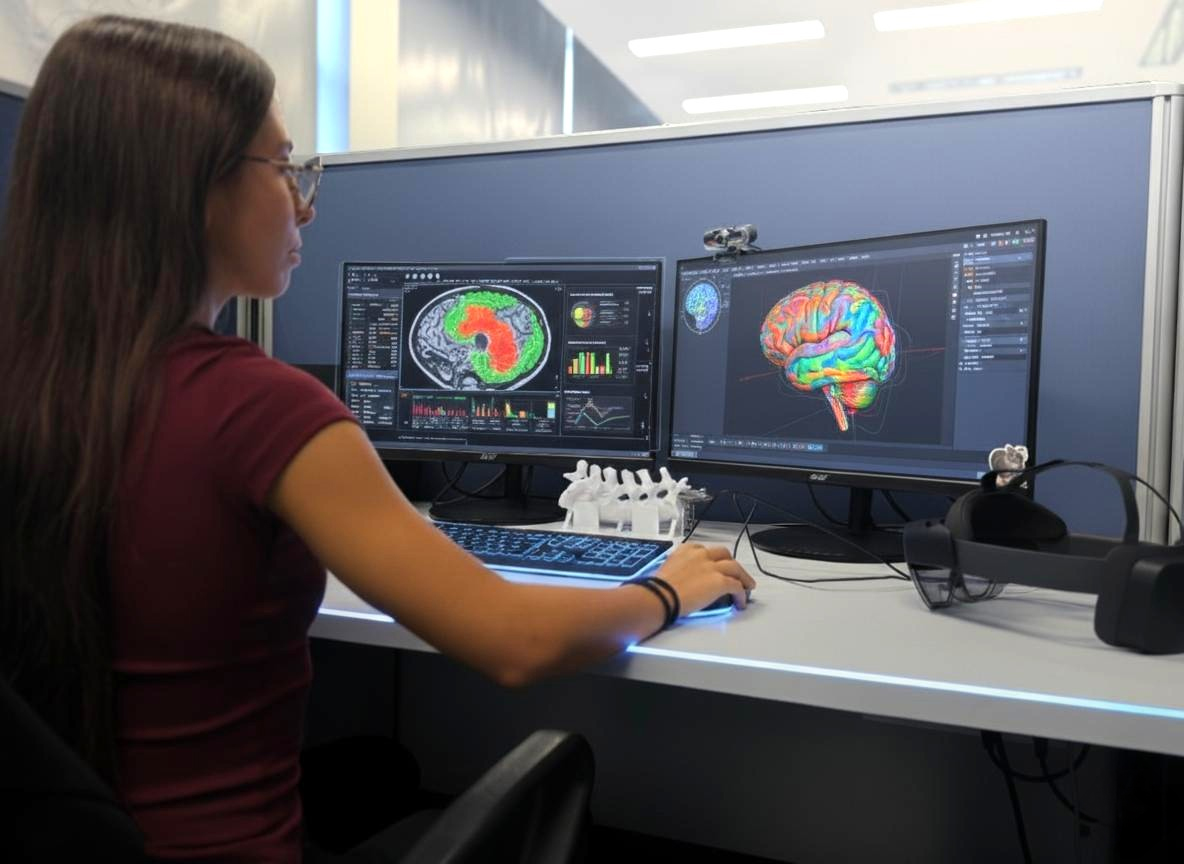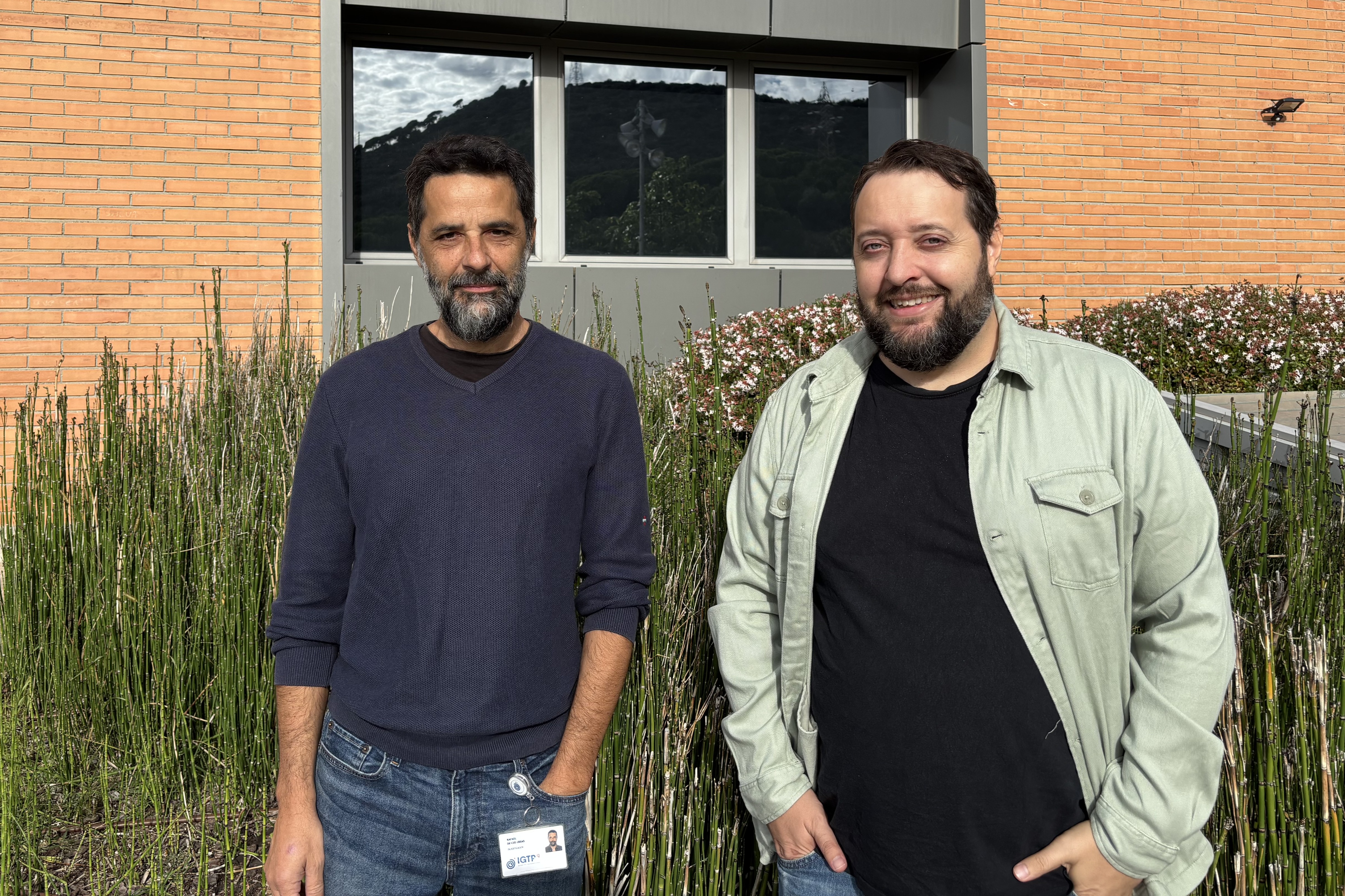Fisabio and IGTP lead pioneering studies using artificial intelligence to improve medical diagnostics
The Fisabio Foundation, an organisation under the Department of Health, and IGTP have signed a framework agreement for scientific collaboration to jointly promote research in the field of AI and radiomics





_1757327026.png)




